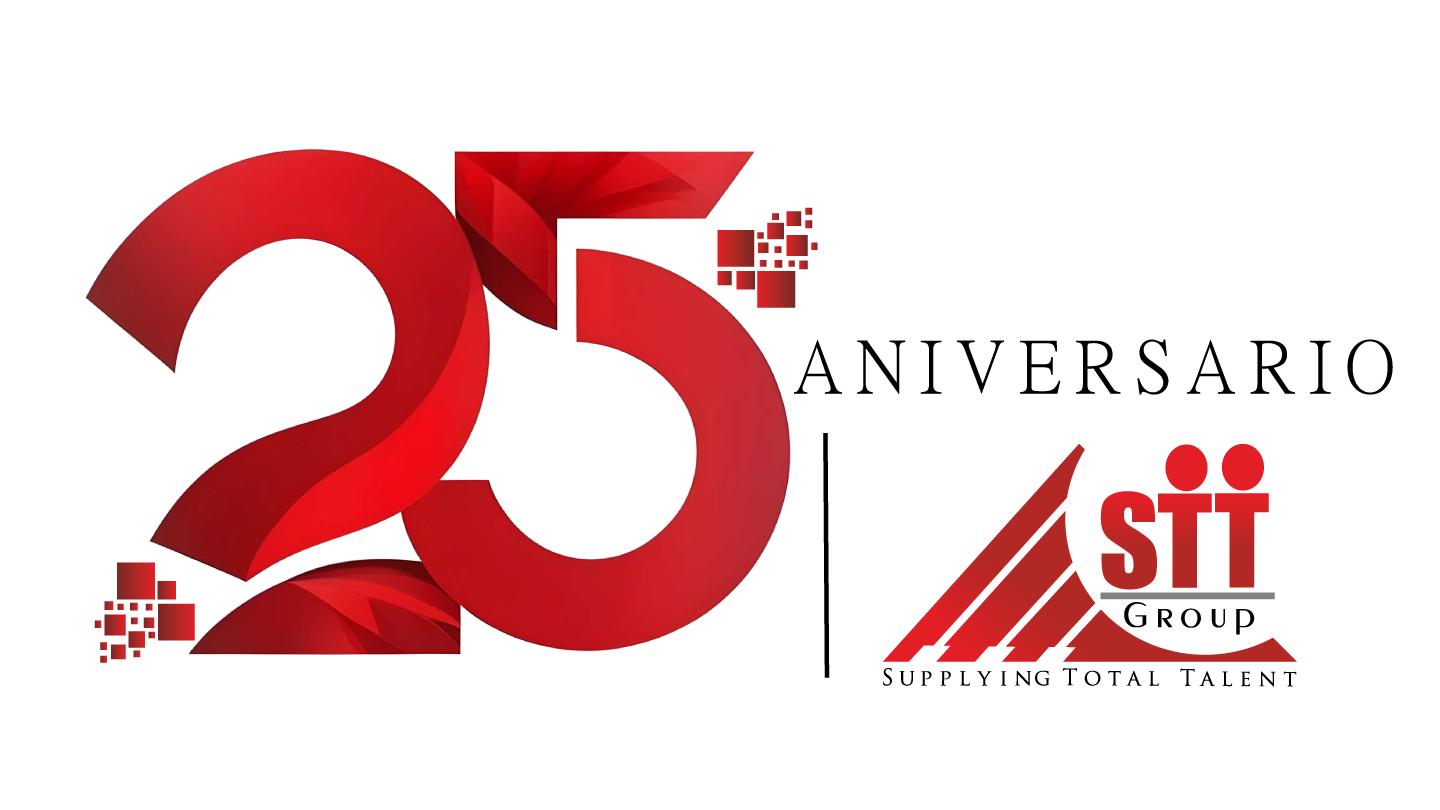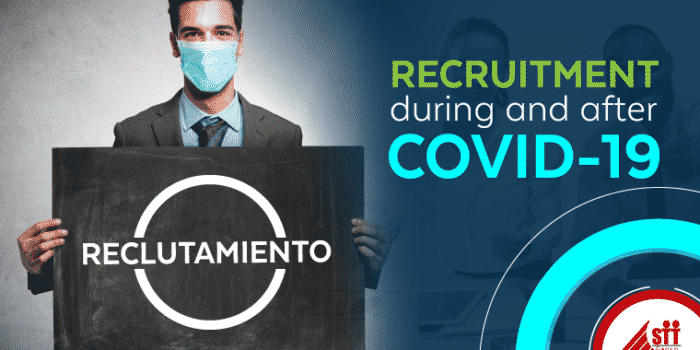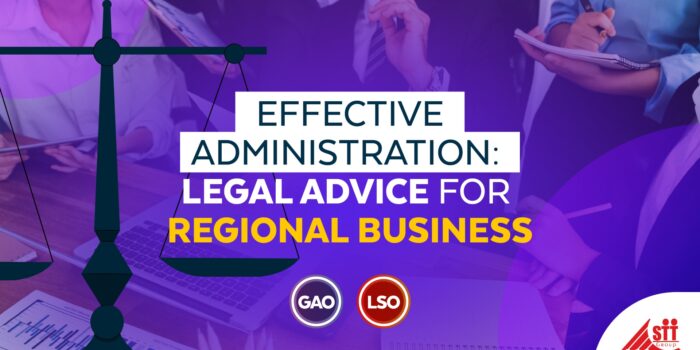The labor disputes are part of professional life that at some point will be faced in low, medium or high degree. This is the reason why this article has been written to address topics such as: what are labor disputes? the types that exist; the most frequent causes; mechanisms to resolve them; the process for the solution and the mechanisms to avoid them.
The subject matter will be addressed from the human resources point of view with Nury Castaño, who serves as Human Resources Coordinator and from the legal point of view with Alejandra Solórzano, who serves as Regional Contracts Administrator.
Definition of labor disputes
A labor dispute is a difference of opinions, perceptions, or of relations that lead to tense situations and affect work environments; these differences impact the performance of the organization and in case of not having the necessary mechanisms or knowledge to address them they can reach high levels.
Types of labor disputes
To be able to determine the type of dispute, questions such as how many people are involved in the dispute should be answered, if it is one or several; if it is a division or several. Among the most common types of labor disputes we can find:
- Intrapersonal: it happens when a person has a problem with itself; for example: a task is assigned to him/her and this person thinks he/she is not able to do it and he/she enters into an internal dispute.
- Interpersonal: this occurs when a person has a problem with another or others; for example: the lack of communication in the organization or some more severe as prejudices, disrespect.
- Intra-group: this happens when two or more persons within the same group or division have a problem that affects his/her productivity; for example: a greater workload for one person than another with the same job and that the person with the greater workload expresses his/her disagreement.
- Inter-group: this occurs when the dispute is between two or more groups or division of a company; for example: rivalry or competitiveness in obtaining goals and better results than the other divisions.
Most frequent causes of labor disputes
Disputes arise mainly due to lack of communication, which leads to misinterpretation of ideas that could be avoided talking or thinking about it more from the start. Good dialogue allows to clarify initial differences.
False information or rumors that are not proved can also lead to the rise of labor disputes.
Within a group or divisions, the lack of leadership, lack of teamwork, harassment situations, the emotional and personal part of people that transcends work and the resistance to organizational changes are the most frequent causes of disputes.
Recommended mechanisms for the resolution of labor disputes
The most frequent mechanisms of resolution of disputes may include:
- Dialogue: it is the favorite mechanism and the first to be carried out, as it helps to override the miscommunication which is conceived as the main cause of disputes.
- Coexistence committees: this type of mechanism helps to strengthen the interaction of the different parts of the company, which allow people to get to know each other better, develop trust and in case of a difference of opinion express the difference in the best way; for example: team building.
- Negotiation or conciliation: this mechanism can be carried out if there is a dispute that the parties can solve by themselves.
- Mediation: if it is impossible for the parties involved to seek a solution among them, a third party should carry out the facilitation of communication in search of an answer to the problem.
- Court proceeding: there are disputes that due to their nature require to go to court and that cannot be solved only on the part of the organization, for example: any case of harassment, threat or physical damage.
Process to resolve a labor dispute
The process to resolve labor disputes can be summarized in five steps:
- Address the person or persons involved: in first place it is of great importance to detect if one or more persons have the problem and with whom they have it.
- Know the points of view of each party: the perception and point of view of each party should be listen individually to be able to establish notes about what is affecting or upsetting each of them.
- Determine and analyze which is the underlying problem: once each of the parties have been listen to as well as their points of view, it is proceeded to determine which is the problem as such to be able to formulate solutions.
- Action plan for satisfactory options: once the problem has been addressed and determined, the decision of which solutions should be carried out will be established to face the dispute for the sake of the parties involved.
- Follow-up: time after the solutions to the dispute have been carried out, the same should be monitored to be sure that the dispute is solved or the process should be repeated.
Prevention of labor disputes
First of all, to prevent labor disputes, dialogue should be emphasized, communication will always be the key to all; an excellent leadership should always exist on the part of the team supervisors to avoid problems inside and outside of them, as well as division of roles, resources and goals which align the work of each person and therefore the organization.
Promote teamwork is fundamental, because as people you need to understand the work of others and that at the organizational level each position helps to obtain results.
You must have adequate communication channels, not everything is limited to direct communication; also communication via email or other platforms come into play.
At the organizational level, the establishment of business policies is of utmost importance which tells employees what can and cannot be done and how to act before specific situations; always looking for the professional and personal well-being of each employee and of the company.
Grupo STT can help your company
From Grupo STT we can help you with our Personnel Administration Service (HRO), with which we can create assertive and adequate communication channels within your organization as well as our policy of being an “open house company”.
Through our legal services (GAO) we can help you with the formulation of business policies so that each employee can understand the company´s operations and its personal and professional growth can benefit from them, as well as the bases of the organization.
We can also help you implement conflict resolution mechanisms to avoid that disputes escalate to court which represents costs and time for your company that can be focused on the strategic part of the business.
¡Contact us!
Hugo Carmona Espinoza
Regional Community Manager



